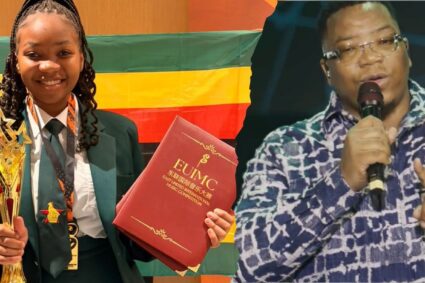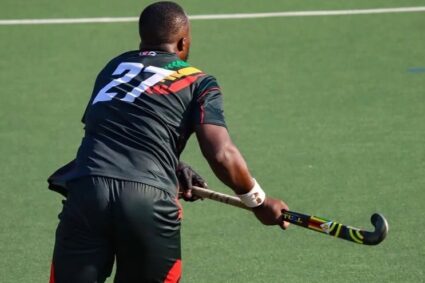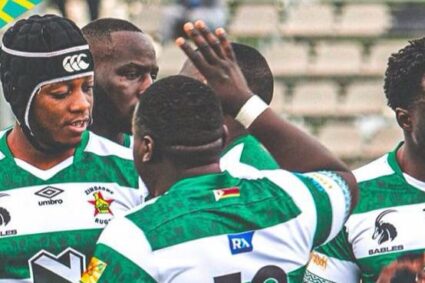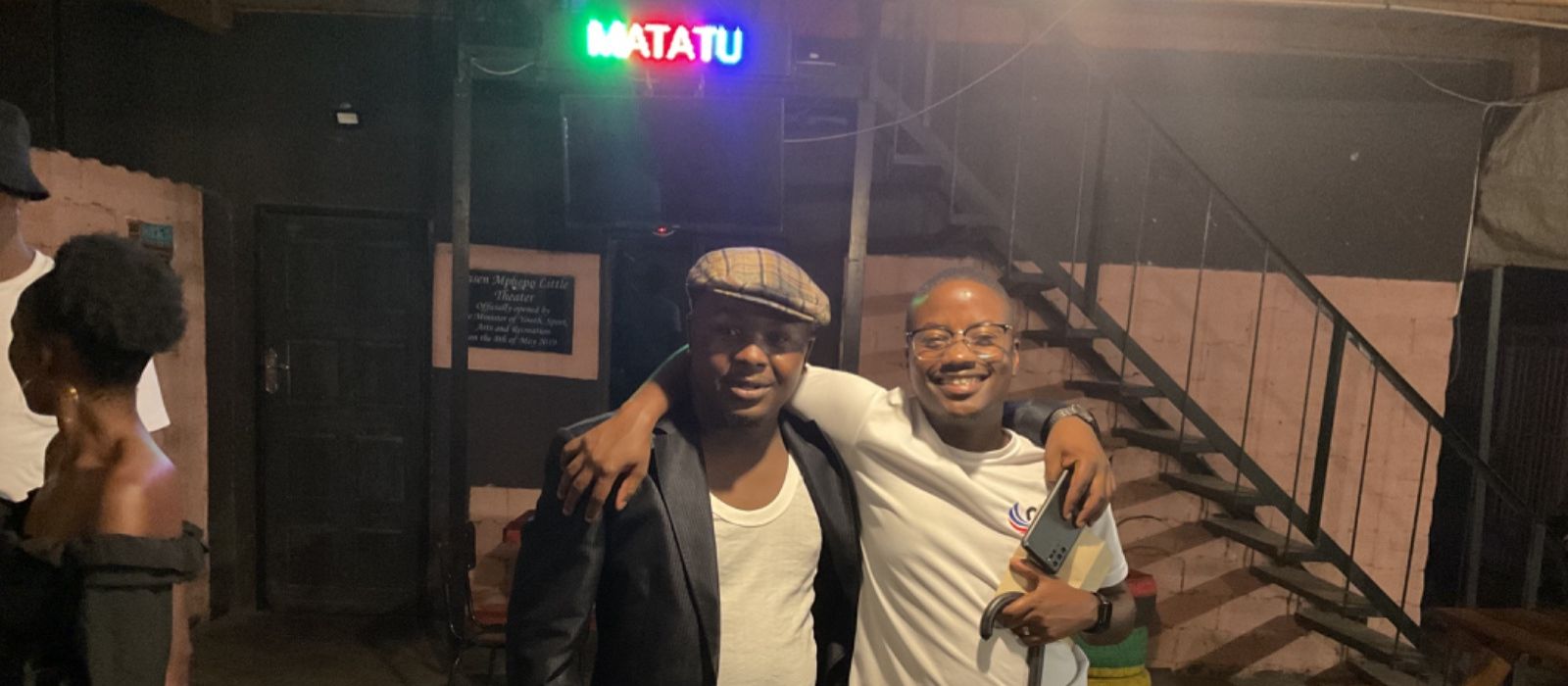
Poetry in Zimbabwe is steadily growing into a vibrant culture, drawing people of all age groups, especially from the creative industry. This was evident earlier this month when Shingie Manyengavana celebrated his 30th birthday by hosting the Makumi Matatu poetry session at the Jasen Mphepho Little Theatre. Makumi Matatu is Shingirai Manyengavana’s innovative creation, born from a desire to blend the art of poetry with the expressive power of theatre.
The session was kick-started by the vibrant mbira group, Rova Mbira, setting a unique and captivating tone for the evening. Spectators held their phones high, recording the beautiful melodies that filled the air. I, for one, found myself on the dance floor, trying to make my steps rhyme with the mbira and hosho beat. The electric atmosphere continued as the Masters of Ceremonies introduced Jasen Mphepho for the opening remarks. True to the spirit of art, his remarks left the audience laughing as he playfully dabbled in poetry.
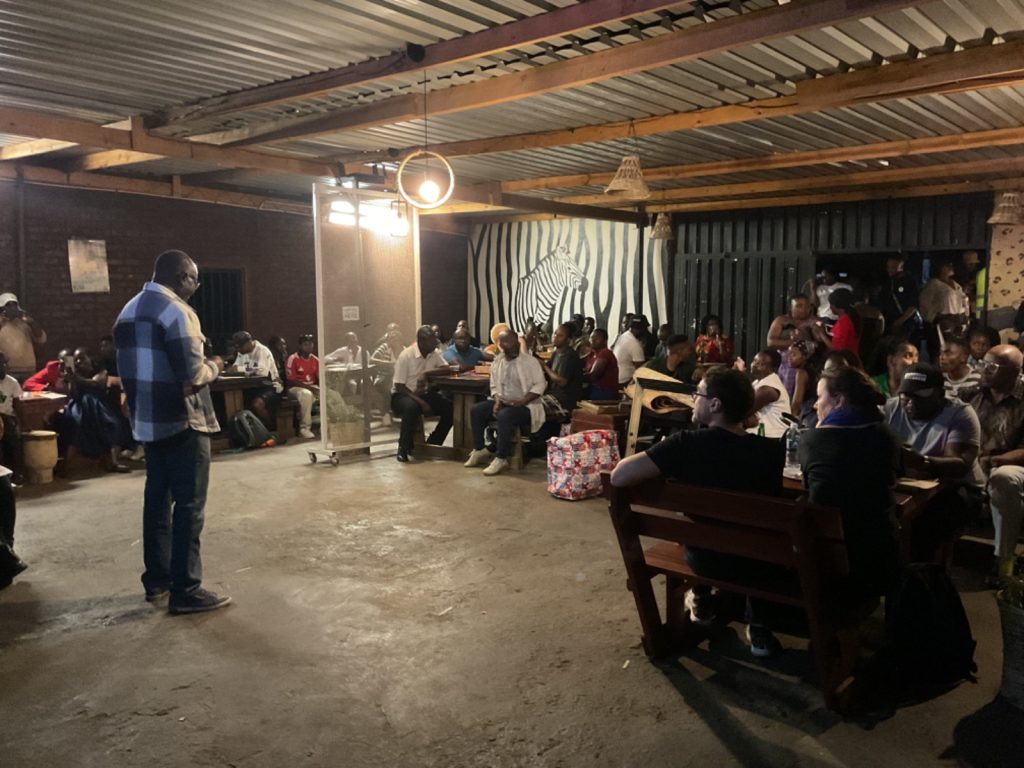
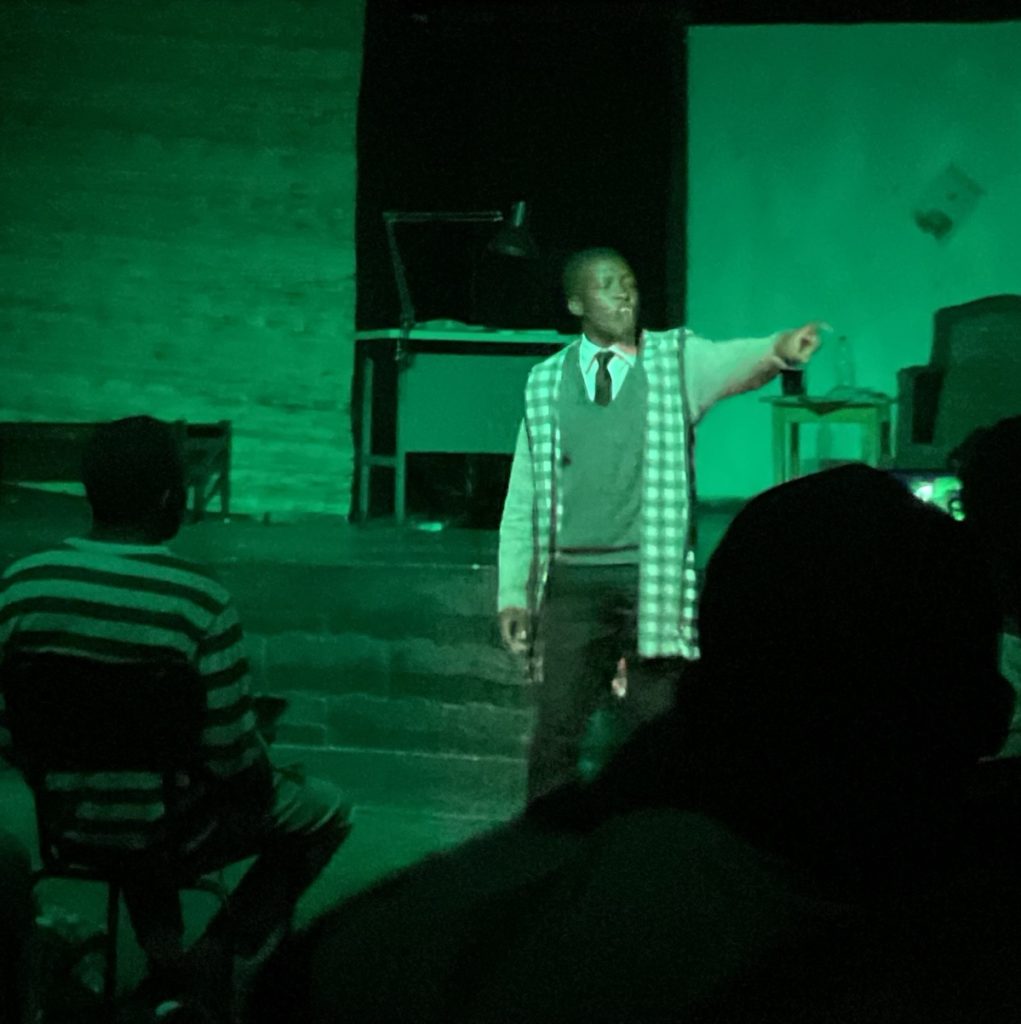
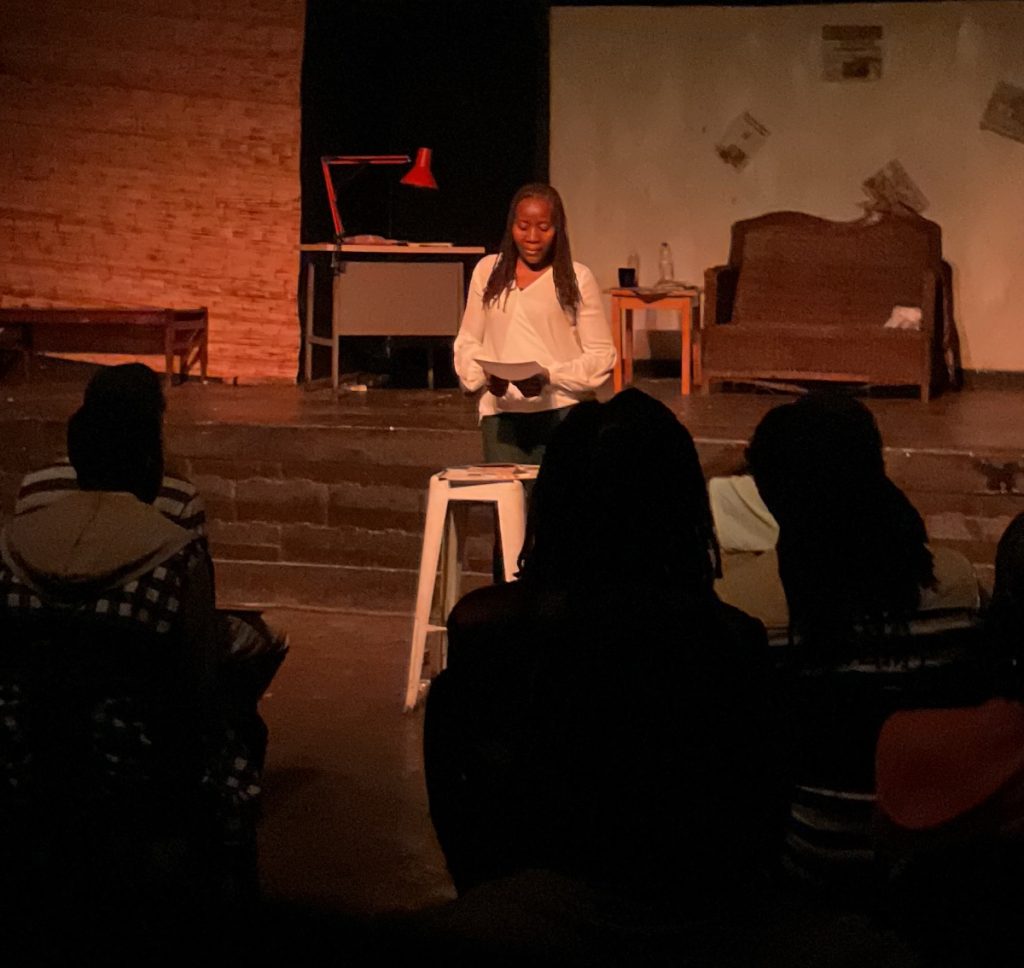
The guest of honor, Dr. Ignatius Mabasa, was a fitting choice. Known for being the first PhD graduate to write a thesis in Shona, Dr. Mabasa is an acclaimed writer, storyteller, and musician. He shared how he first encountered Manyengavana’s work when Shingirai was a student at Alpha Institute in Mutare. Now a husband and father, Manyengavana has remained dedicated to poetry and writing. From a successful partnership with Kwayedza to the inception of Makumi Matatu, he exemplifies a steadfast commitment to his craft.
The show began with a dual performance by poets I Eat Lemons and Mwana waGidza, who captivated the audience with their powerful storytelling techniques. Award-winning poet Batsirai Chigama moved the crowd with a piece dedicated to a mother who had lost her child. This emotional groundwork set the stage perfectly for the man of the moment, Shingirai Manyengavana. With dramatic sound effects and lighting signaling his entrance, Shingirai received a warm round of applause. He shared the story of a young man from Sakubva, Mutare, who lives with his single mother. Through his narrative, Shingirai addressed critical issues facing Zimbabweans, including the struggles of everyday life, male victims of sexual assault, toxic masculinity, education, and the hustle for survival. His realistic approach kept the audience fully engaged, culminating in a well-deserved standing ovation.
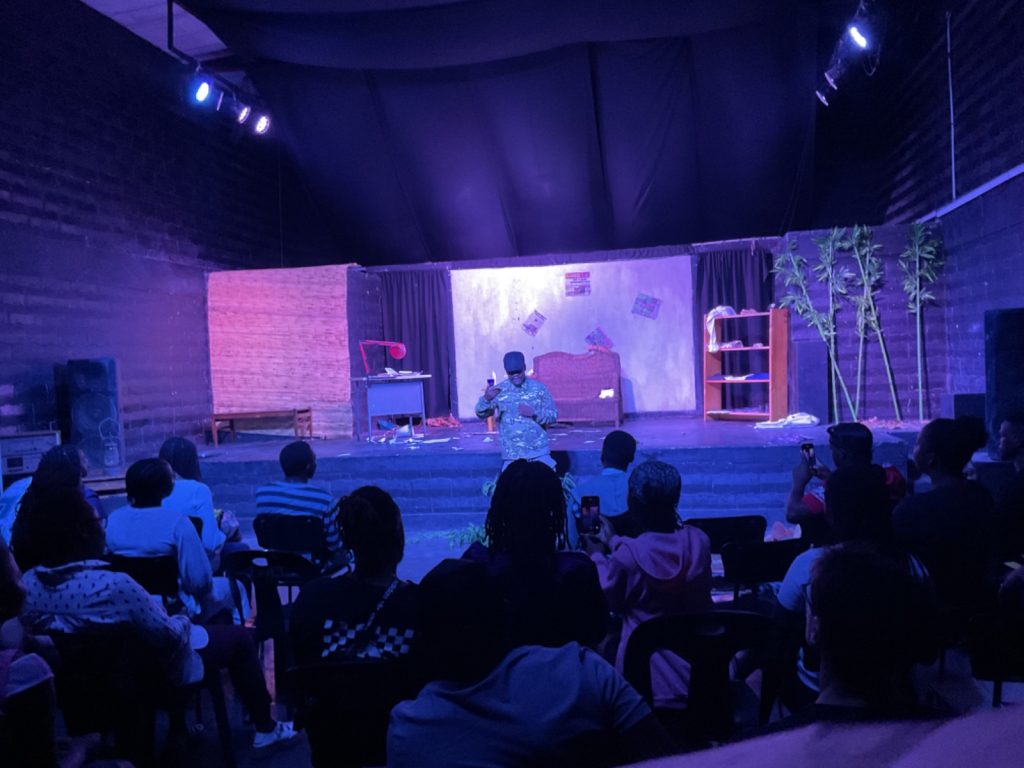
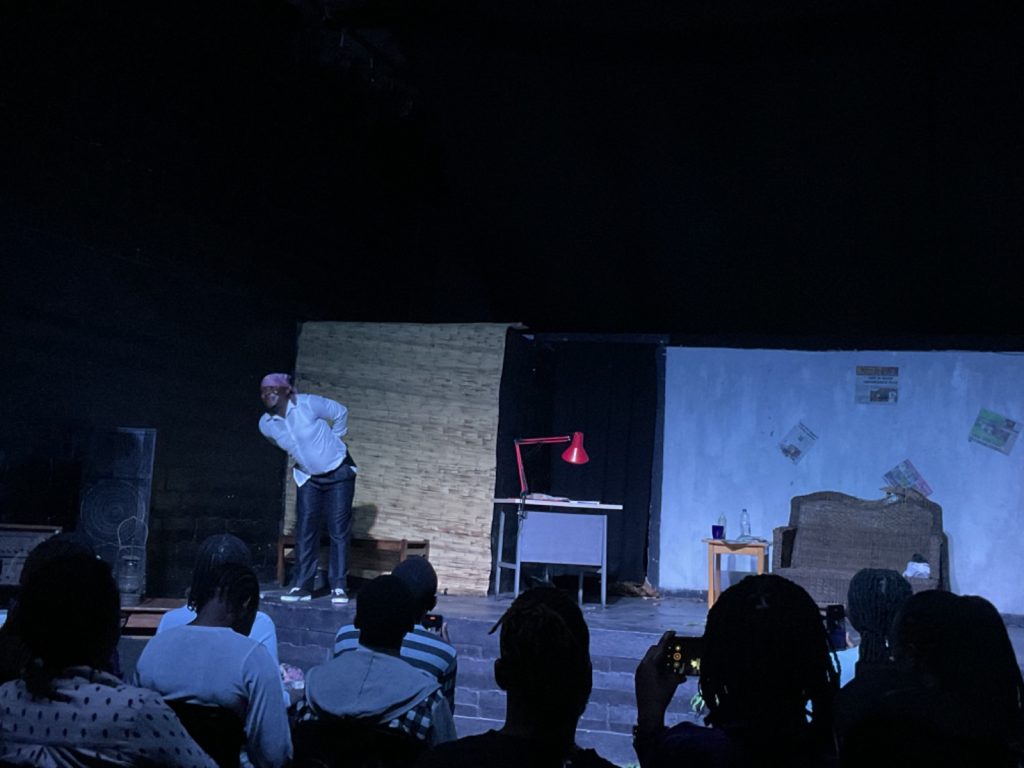
The night concluded with a rich cultural performance from Mambo Guramatunhu, whose mastery of Shona culture left everyone in awe. The MAKUMI MATATU poetry session ended on a high note, an undisputed success. I am already looking forward to future sessions, and I extend my heartfelt congratulations to Shingirai Manyengavana.
